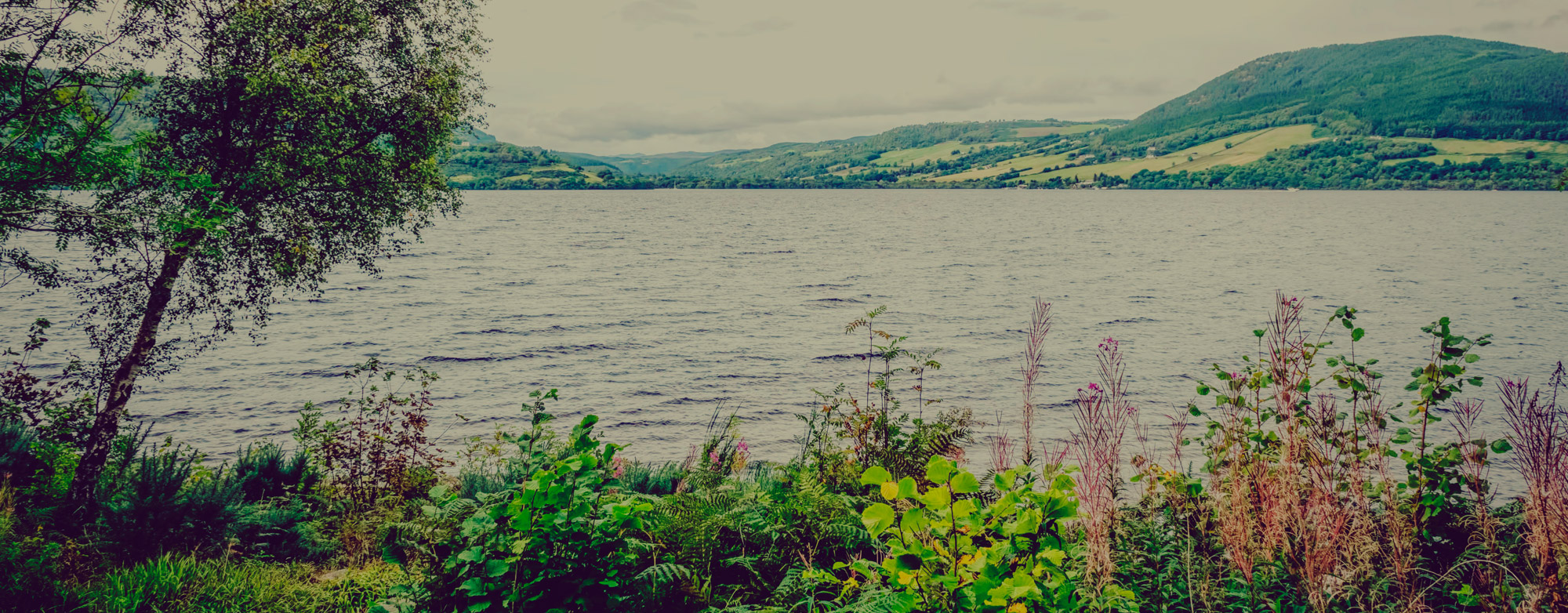
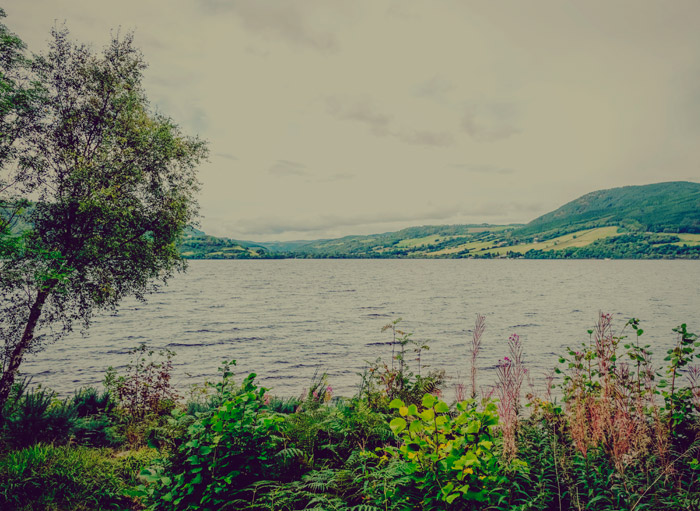


In our fourth instalment of Women of Gin, we meet Lorien Cameron-Ross, co-founder of Loch Ness Spirits. Already boasting a premium signature gin, made with Scottish black gold juniper foraged from their own land on the banks of Loch Ness, and with the recent release of Scotland’s first blanche Absinthe, core to the culture Lorien and her team have created is experimentation, staying true to their Scottish roots and having fun! With an eagerly anticipated new gin due for release in the coming days, we asked Lorien to give us a little insight into her Loch Ness Spirits journey and what the future holds.
What’s your name and what do you do?
Dr Lorien Cameron-Ross, GP and co-founder of Loch Ness Spirits, alongside husband Kevin Cameron-Ross.
When did you realise you wanted to make spirits?
Kevin and I were on a gin tour in early 2015. We were introduced to craft gin for the first time. Up until then we were very much Bombay Sapphire and Hendricks drinkers. The guide told us about how despite being one of Scotland’s 3 native conifers, producers tended to import juniper from Eastern Europe and Italy because it was in short supply. I said to Kevin “I am sure I pass lots of juniper on the hill when I walk the dog”. I hadn’t been mindful of it but now recall playing as a kid in the “not jaggy gorse” as it made good shelter. We walked up onto the hill the next week and lo and behold there was juniper as far as the eye could see. Initially we thought it would be a good idea to pick it and sell it to Scottish gin companies. When we discovered how time consuming it is to pick and how inhospitable the bushes can be, we quickly realised that it would never be commercially viable. We then joked about making our own gin. I am sure many couples have had similar fanciful thoughts at their kitchen tables. We kept coming back to the idea and eventually I said “let’s look into this seriously and see what is to stop us making our own gin”. We navigated seemingly endless amounts of red tape and regulations. We also surveyed the land about us to see if we could harvest enough botanicals to make a great tasting gin. It was a challenging but enjoyable process.
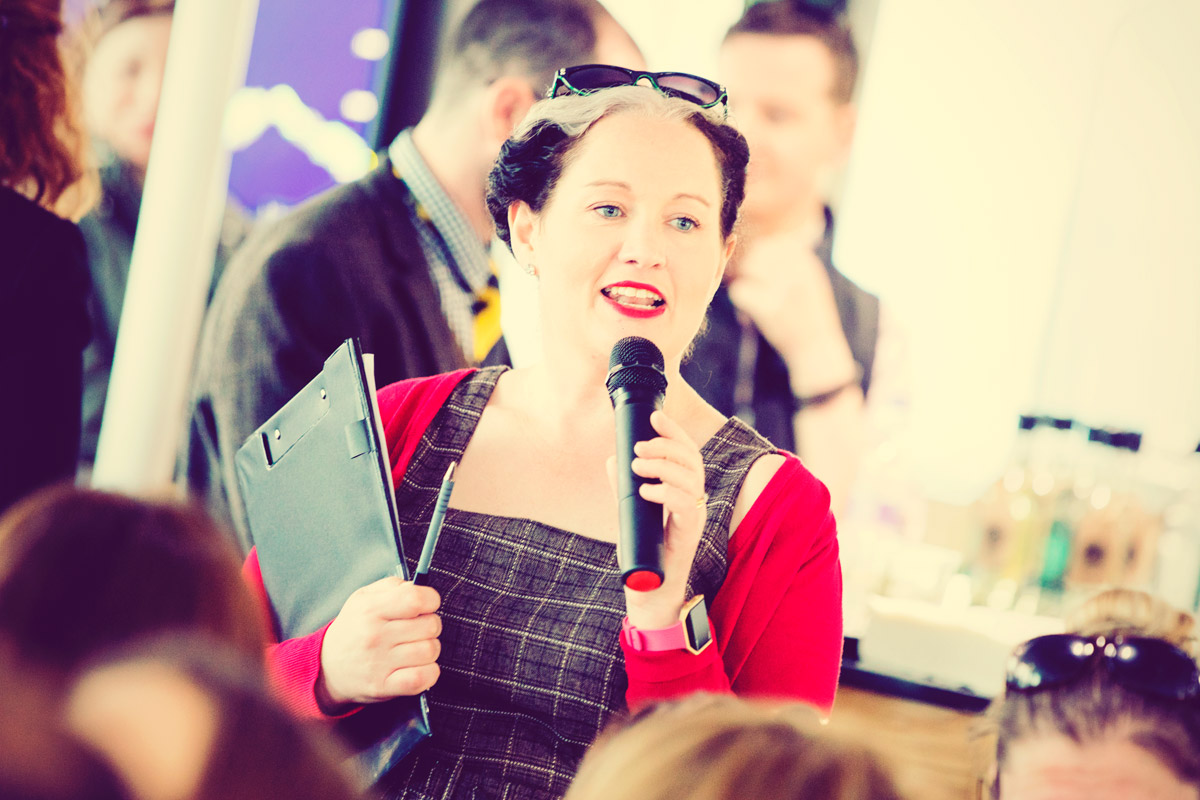
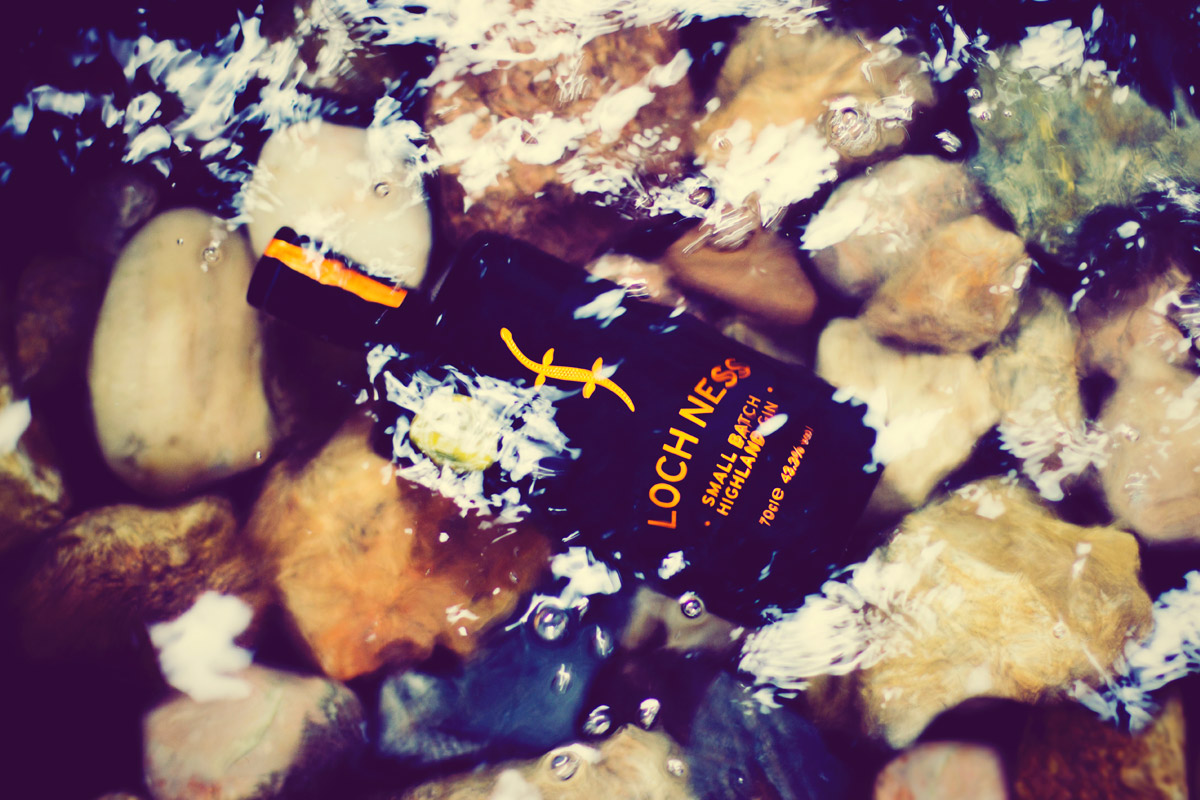
How did you get into distillation?
We decided we wanted to make a classic London Dry gin rather than making a compounded (infused) gin. We applied to HMRC for our licences and bought a 1 litre copper pot still from the internet. Using cheap vodka as our base, we started to distill everything we picked. We made single botanical distillates and endless combinations of spirits. Some of these were very tasty indeed and some were truly awful. We kept notes of recipes and also roped in willing family and friends to do taste tests. When we had a recipe we were happy with we wanted to scale it up onto bigger stills. We got permissions to house a distillery in an old stable close to the house and ordered a beautiful 50 litre copper pot still. We also set up our own bottling facility here on the banks of Loch Ness. We then approached Strathearn to borrow their work space while waiting on our new equipment to arrive and be commissioned. At the same time, Kevin trained with the Institute of Brewing & Distilling to ensure safe and efficient practice. We made our first 2 batches at Strathearn with our botanicals and even brought our own Loch Ness water with us to keep it authentic. We then took the product home to cut with our own water, and bottle.
Things have moved on a lot since then and we currently have 2 copper stills and another technologically advanced 500 litre still, which affords us the versatility to make all sorts of spirits. We have recently released an Absinthe, which is the only one to be made with Scottish home grown wormwood. We have also created a new gin which is due for release in October, a gin liqueur in time for Christmas, a unique Loch Ness bitters and we are working on a vodka. As a small team, we are able to innovate and try new things.
Do you think more could be done to encourage women to seek a career in distillation and brewing?
It certainly appears that way given 50% of the population are women and we aren’t seeing that same gender balance in the current distilling/brewing sector. However, this hasn’t always been the way; in Hogarth’s day (of Beer Street & Gin Lane fame in 1751) there were many women producing ‘craft spirits’.
What’s been the biggest challenge you’ve had to overcome?
Making the gin is the easy bit! It’s working with a plethora of agencies to get your product safely into beautifully designed bottles and onto customers that is hard. This requires a reliance on others doing what they said they would and that can be hard at times. Also, setting up a new business while maintaining a career in medicine and raising a family provides a challenge to work/life balance.
What’s the best piece of advice you could give to women who are starting off their career in brewing and distillation?
No question is a daft question and quite possibly if you don’t know the answer then there are others who don’t either but are too scared to ask. Be prepared to challenge the status quo as this is the best way to innovate. And finally, add value to the category with whatever you go on to produce.
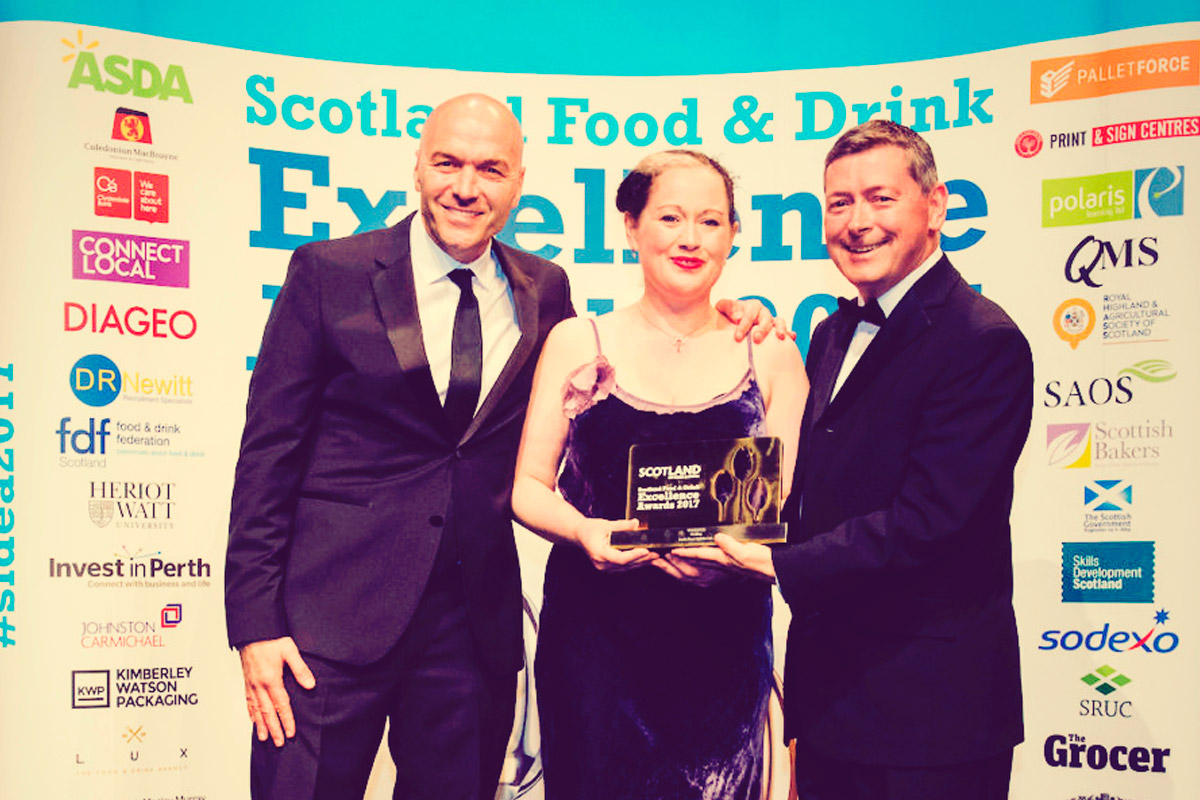
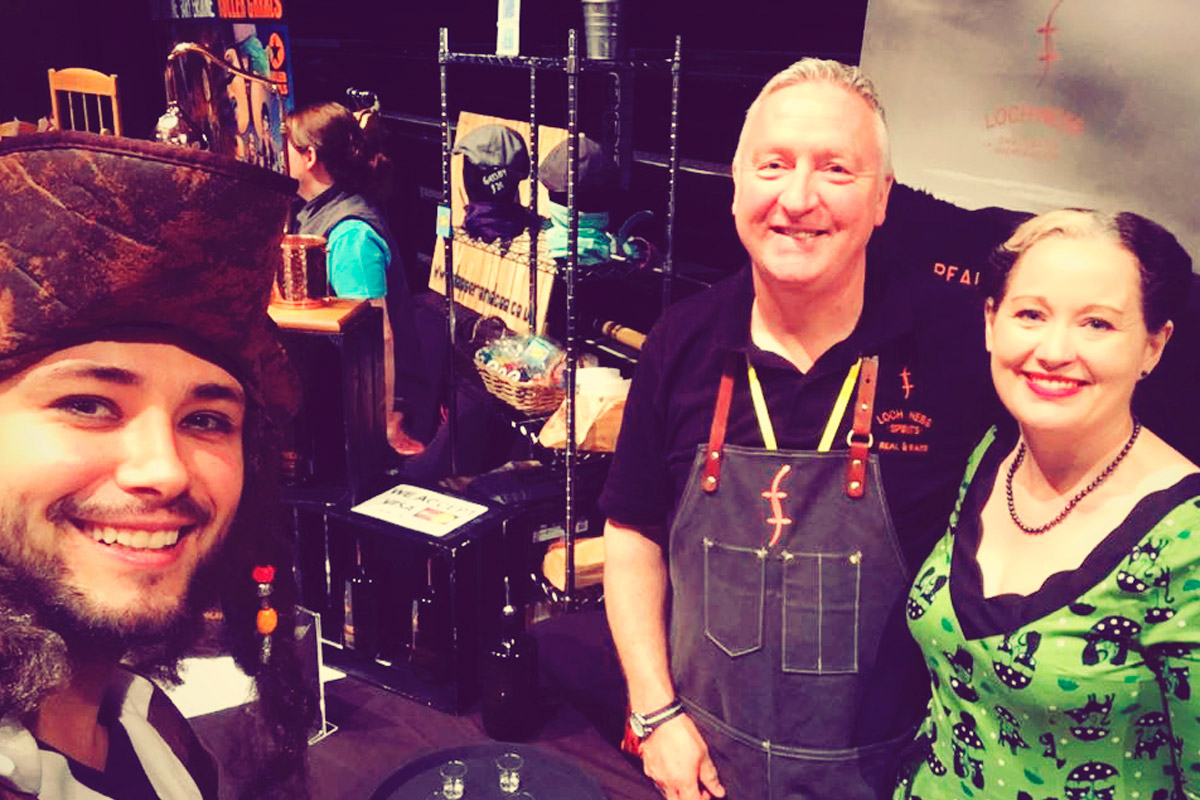
What does the term Scottish Gin mean to you?
There is lots of debate around this at the moment. There is a legal definition for gin but this has certainly been stretched by some! Being Scottish is important to us and we believe that means being distilled and bottled in Scotland.
What do you think are the big issues facing Scottish Gin at the moment?
What other distilleries do you admire?
In Scotland, to name but a few-
We also admire a number of distilleries in England and Wales who are all finding their own unique ways to add value to the craft gin sector.
Where do you see Loch Ness Spirits and Scottish Gin in 10 years time?
Loch Ness Spirits
Scottish Gin
We expect there to be a reduction in the total number of Scottish gins being produced but we would hope that those still going will be of the finest quality and that Scottish Gin will be revered all over the world.
You can learn more about Loch Ness Spirits here.
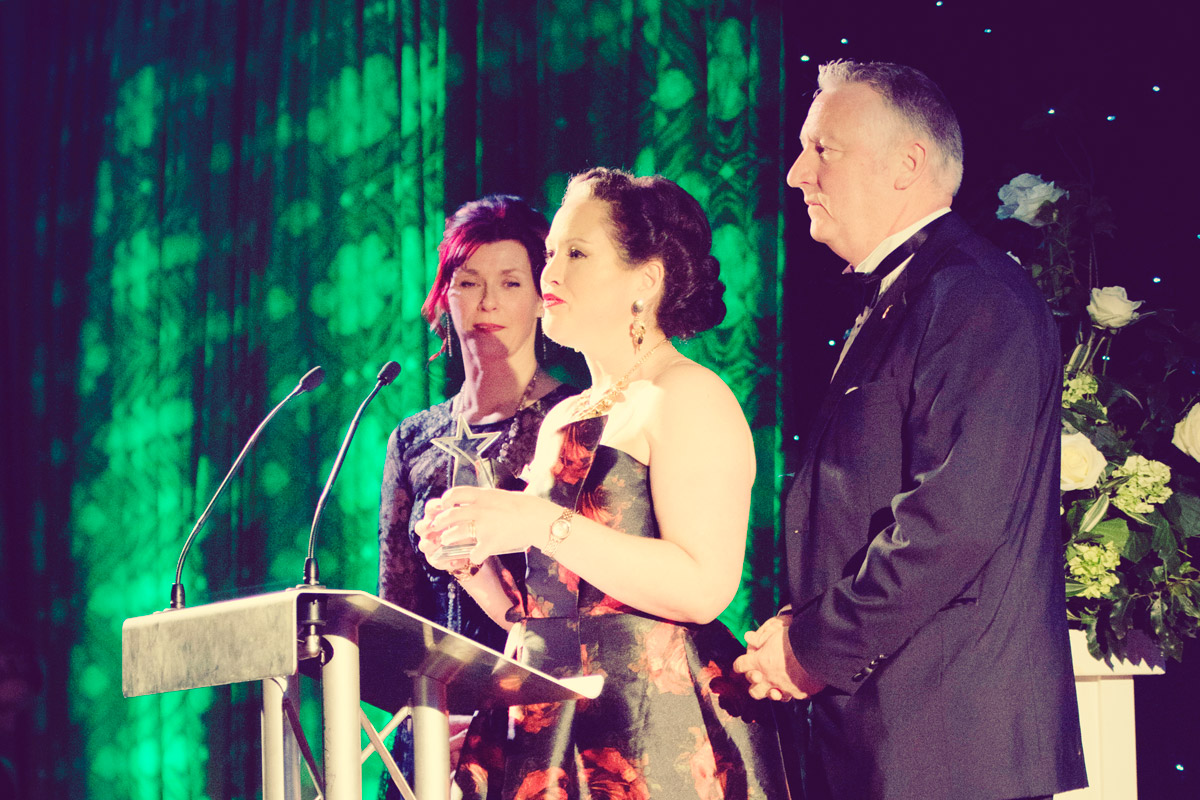
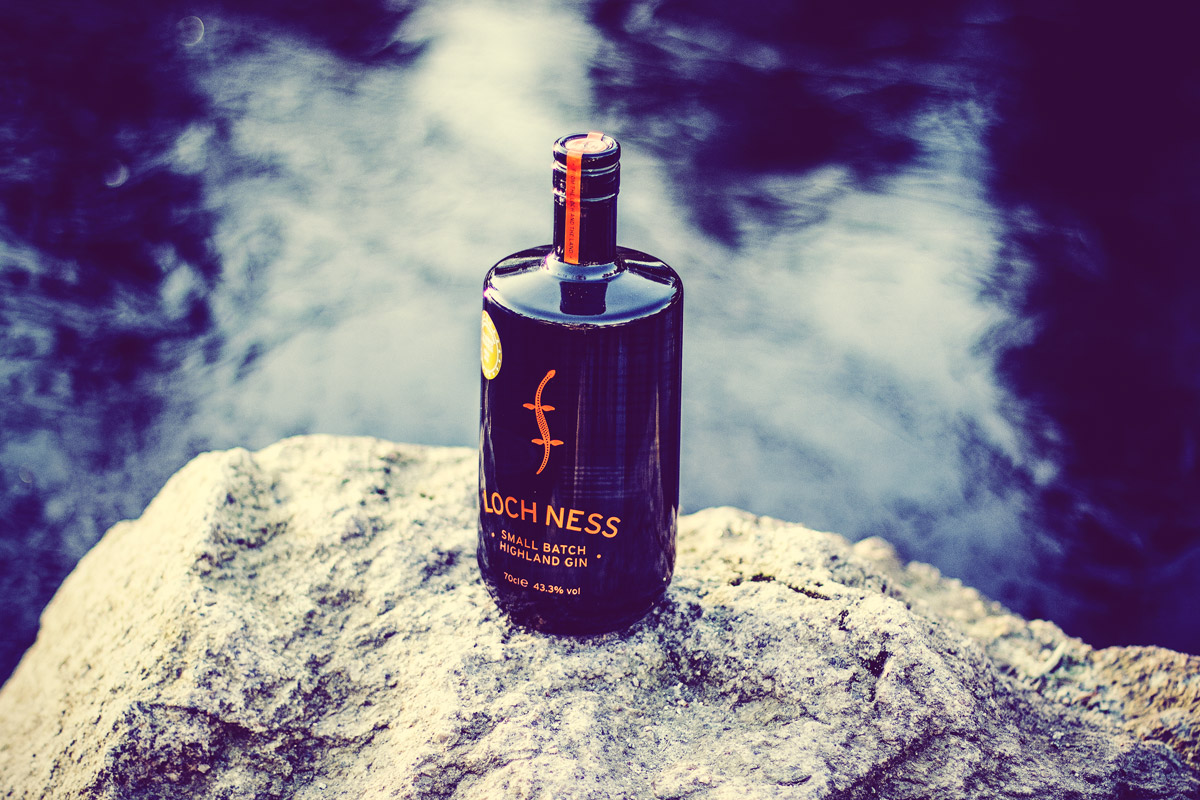
You can learn more about Loch Ness Spirits by visiting the links below.